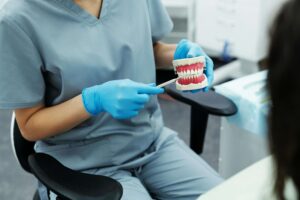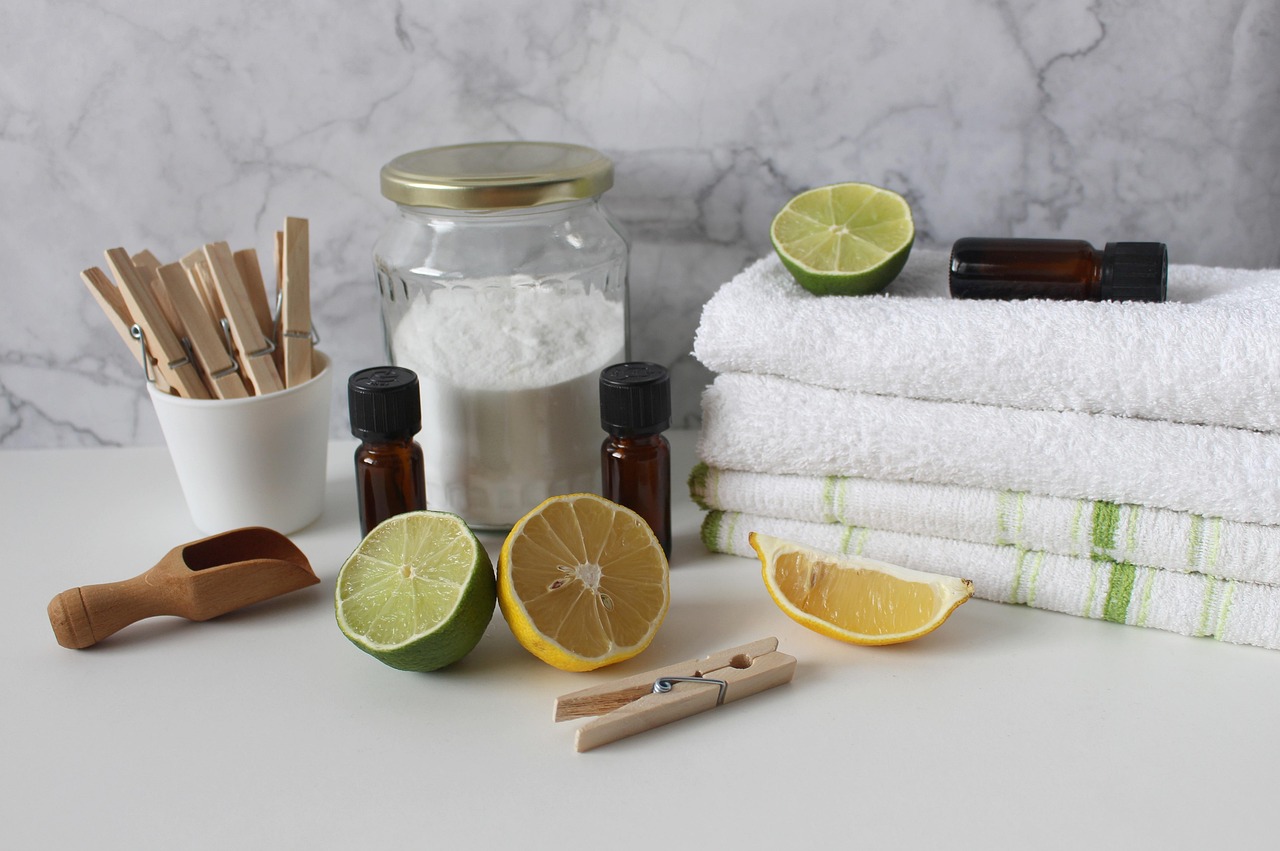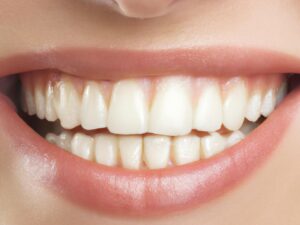Teeth whitening has quickly become one of the most requested cosmetic treatments in the UK, whether it is for an event or job interview or just to feel good and confident about yourself, people are seeking out to have a better smile by brightening or creating a whiter smile. But one of the most frequent questions we get asked here at our Guiseley dental practice is ” Is teeth whitening safe?”
Yes, teeth whitening can be safe, but it depends on how it’s performed and whether the whitening products are the correct products being used and the whitening procedures are supervised or performed by a dental professional. As a dentist in Guiseley, providing a deep, real honest medical opinion and perspective is very important. Therefore we will take a look at; risks involved with whitening, whitening ingredients, regulations, and safe whitening methods prior to brightening your grin.
What Makes Teeth Whiter?

Teeth whitening products work by using active ingredients to break down stains on the enamel. The two most common ingredients are:
- Hydrogen Peroxide
- Carbamide Peroxide
These bleaching agents release oxygen molecules that help lift deep-set stains from the tooth’s surface. While they’re effective, their safety depends on the concentration and how they’re used.
Hydrogen Peroxide Teeth Whitening Safety
When used correctly and within safe limits, hydrogen peroxide is safe for tooth whitening. However, too much of it or leaving it on your teeth for too long can cause sensitivity, enamel damage, or gum irritation.
Carbamide Peroxide Whitening Safety
Carbamide peroxide is a gentler, slower-acting compound. It breaks down into hydrogen peroxide, but over a longer period, which makes it safer for at-home treatments — when prescribed by a dentist.
So, Is Teeth Whitening Safe?
Yes, when:
✅ You are using dentist approved products
✅ You had an examination to make sure your teeth and gums are healthy
✅ The procedure was performed under professional supervision
✅ You avoided techniques that were illegal or dangerous.
No, when:
❌ You purchase whitening kits online without knowledge of the ingredients
❌ You go to salons or unlicensed practitioners
❌ You follow DIY whitening ideas that will damage your enamel
❌ You ignore dental issues like decay or gum disease before whitening
Also Read: Say Goodbye to Stains: The Many Advantages of Professional Teeth Whitening
A Dentist’s Perspective on Teeth Whitening Risks
At One Two Three Dental, located in Guiseley, we take a careful and personalized approach to all our cosmetic treatments. While the safety of professional teeth whitening is well-established, it does not mean this is risk-free.
Here are the most common teeth whitening side effects we discuss with patients:
- Tooth sensitivity: Some people experience a “zing” feeling during or after treatment. It usually fades in a day or two.
- Gum irritation: Whitening gel should never touch your gums. This is why a custom-made tray (not a one-size-fits-all kit) is so important.
- Uneven whitening: If you have crowns, veneers, or fillings, they won’t whiten like natural teeth, leading to inconsistent results.
- Overuse damage: Repeated whitening without breaks can lead to enamel thinning or long-term sensitivity.
We always evaluate your oral health in Guiseley before starting any whitening treatment to avoid these problems.
Safe Teeth Whitening Methods: What We Recommend
If you are looking for safe teeth whitening treatments in the Guiseley, Leeds, UK, here’s what we offer and trust:
1. In-Practice Whitening
This is the quickest and considered the most effective way to whiten teeth. At our Guiseley dental practice, we use dentist approved whitening systems with clinically controlled hydrogen peroxide concentrations. You’ll see quick results and it’s all done in safe, controlled conditions to protect your teeth and gums.
2. Custom At-Home Whitening Kits (Prescribed by Us)
These kits use carbamide peroxide at a lower concentration, to be worn in soft comfort fit trays for a prescribed number of hours each day. Because the trays are made to fit your teeth, there is much less risk of gum contact or overexposure. This method is a great option for individuals who would like to gradually whiten their teeth, safely at home.
3. Avoid Over-the-Counter Whitening Kits
Many over-the-counter teeth whitening products in the UK are simply ineffective. They contain very low levels of bleaching agents, because legally they can’t contain more than 0.1% hydrogen peroxide unless prescribed by a dentist. Some may even use abrasive substances that damage enamel.
Teeth Whitening Regulations in the UK
One of the most important things to understand is that UK teeth whitening regulations are strict and for good reason.
Only qualified dental professionals can provide whitening treatments that contain more than 0.1% hydrogen peroxide. That means beauty salons, online influencers, and some high-street “clinics” offering whitening services are operating illegally.
Here’s what the law says:
- Whitening treatments must be prescribed by a dentist after a full dental exam
- Patients must be 18 or older
- Products must be CE-marked and within safe concentration limits
- Only a registered dental professional can apply or oversee treatment
If someone is offering to whiten your teeth without checking your oral health first, walk away. It’s not worth the risk.
Professional vs DIY Teeth Whitening: The Real Difference
You may have seen people using charcoal toothpaste, baking soda, lemon juice etc online to “naturally” whiten their teeth. We get it DIY techniques are cost effective, quick, and seem harmless. But the reality is:
- Charcoal is abrasive and can wear away enamel
- Baking soda doesn’t whiten, it just removes surface stains temporarily
- Lemon juice is acidic and can permanently damage tooth enamel
When comparing professional vs DIY teeth whitening, the difference isn’t just about results — it’s about protecting your enamel, your gums, and your long-term oral health.
Also Read: Whitening Your Teeth Naturally: Does Charcoal, Coconut Oil, or Baking Soda Actually Work?
How Safe Is Teeth Whitening for Enamel?
This is one of the most important questions we get:
“Will whitening damage my enamel?”
If done correctly, no, whitening won’t damage healthy enamel. Enamel is the hard outer layer of your tooth — but once it’s worn down, it doesn’t grow back.
That’s why we:
- Examine your enamel before whitening
- Avoid aggressive treatments
- Use fluoride or desensitising gels to protect teeth
- Give you professional advice on maintenance and care
If you are already experiencing sensitivity or have signs of enamel wear, we may recommend alternatives such as safe cosmetic dentistry options like veneers or a smile makeover in Guiseley.
Long-Term Effects of Teeth Whitening
Used responsibly and under guidance, whitening is safe in the long term. But if abused — too often, too strong, or with the wrong products — it can lead to:
- Chronic sensitivity
- Gum recession
- Thin enamel
- Patchy or translucent teeth
That’s why we build whitening into your overall oral health plan, not just as a standalone beauty fix.
Your Whitening Questions Answered
Here are quick answers to the most common questions we hear from patients in our Guiseley dental practice:
Is teeth whitening safe during pregnancy?
We recommend waiting until after pregnancy due to a lack of research on long-term effects during this period.
Can children whiten their teeth?
No — teeth whitening is not legal or safe for those under 18 in the UK.
Is there such a thing as permanent whitening?
No. Teeth naturally re-stain over time, especially with tea, coffee, red wine or smoking. But results can last 1–3 years with good hygiene and top-ups.
Choose Whitening That Works – And That’s Safe
Your smile is one of your most important assets — so why take chances with unsafe or unregulated whitening?
At One Two Three Dental, we care about your safety, comfort and satisfaction. Whether you are looking for teeth whitening in Guiseley, are after cosmetic treatments, or just need a trusted family dentist in Guiseley, we are here to help you smile with confidence.
Ready to Whiten Safely?
Book your consultation today at One Two Three Dental, your trusted private dentist in Guiseley.
Whether you are curious about whitening, looking for a complete smile makeover, or just due a dental check-up, we offer:
- Safe whitening treatments
- Custom trays made just for you
- Expert advice for sensitive teeth
- Flexible appointments for busy lives
- Gentle dental care — including for nervous patients
📞 Call now or book online to start your smile journey!
Because a healthy, white smile should never come at the cost of your enamel.







